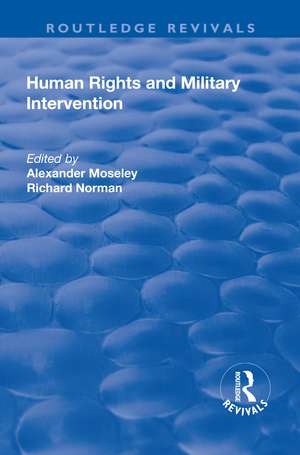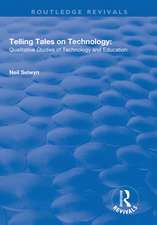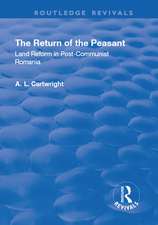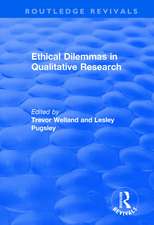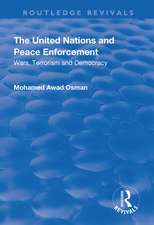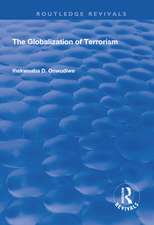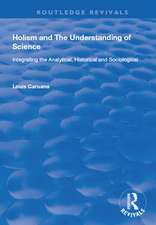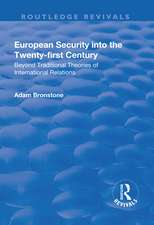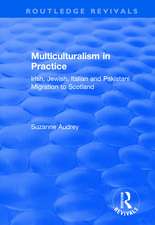Human Rights and Military Intervention: Routledge Revivals
Autor Alexander Moseley, Richard Normanen Limba Engleză Paperback – 21 dec 2020
| Toate formatele și edițiile | Preț | Express |
|---|---|---|
| Paperback (1) | 184.81 lei 6-8 săpt. | |
| Taylor & Francis – 21 dec 2020 | 184.81 lei 6-8 săpt. | |
| Hardback (1) | 685.35 lei 6-8 săpt. | |
| Taylor & Francis – 8 dec 2017 | 685.35 lei 6-8 săpt. |
Din seria Routledge Revivals
- 9%
 Preț: 801.69 lei
Preț: 801.69 lei - 8%
 Preț: 432.15 lei
Preț: 432.15 lei -
 Preț: 153.81 lei
Preț: 153.81 lei -
 Preț: 230.80 lei
Preț: 230.80 lei -
 Preț: 294.72 lei
Preț: 294.72 lei -
 Preț: 258.72 lei
Preț: 258.72 lei - 9%
 Preț: 764.34 lei
Preț: 764.34 lei - 9%
 Preț: 903.41 lei
Preț: 903.41 lei -
 Preț: 296.10 lei
Preț: 296.10 lei -
 Preț: 342.36 lei
Preț: 342.36 lei - 9%
 Preț: 606.35 lei
Preț: 606.35 lei -
 Preț: 317.54 lei
Preț: 317.54 lei - 9%
 Preț: 764.28 lei
Preț: 764.28 lei -
 Preț: 257.00 lei
Preț: 257.00 lei -
 Preț: 238.40 lei
Preț: 238.40 lei -
 Preț: 259.47 lei
Preț: 259.47 lei - 9%
 Preț: 903.80 lei
Preț: 903.80 lei -
 Preț: 326.26 lei
Preț: 326.26 lei -
 Preț: 258.66 lei
Preț: 258.66 lei -
 Preț: 294.97 lei
Preț: 294.97 lei -
 Preț: 308.89 lei
Preț: 308.89 lei -
 Preț: 199.85 lei
Preț: 199.85 lei -
 Preț: 347.49 lei
Preț: 347.49 lei -
 Preț: 295.04 lei
Preț: 295.04 lei -
 Preț: 389.39 lei
Preț: 389.39 lei -
 Preț: 257.00 lei
Preț: 257.00 lei -
 Preț: 343.21 lei
Preț: 343.21 lei - 9%
 Preț: 640.90 lei
Preț: 640.90 lei - 9%
 Preț: 619.48 lei
Preț: 619.48 lei -
 Preț: 228.88 lei
Preț: 228.88 lei -
 Preț: 257.67 lei
Preț: 257.67 lei -
 Preț: 245.10 lei
Preț: 245.10 lei -
 Preț: 258.52 lei
Preț: 258.52 lei -
 Preț: 258.72 lei
Preț: 258.72 lei -
 Preț: 368.93 lei
Preț: 368.93 lei -
 Preț: 246.37 lei
Preț: 246.37 lei - 9%
 Preț: 832.07 lei
Preț: 832.07 lei -
 Preț: 258.66 lei
Preț: 258.66 lei -
 Preț: 286.98 lei
Preț: 286.98 lei - 18%
 Preț: 695.85 lei
Preț: 695.85 lei - 9%
 Preț: 934.94 lei
Preț: 934.94 lei - 5%
 Preț: 231.22 lei
Preț: 231.22 lei -
 Preț: 267.15 lei
Preț: 267.15 lei -
 Preț: 200.66 lei
Preț: 200.66 lei - 9%
 Preț: 638.61 lei
Preț: 638.61 lei -
 Preț: 259.68 lei
Preț: 259.68 lei - 9%
 Preț: 1038.45 lei
Preț: 1038.45 lei -
 Preț: 389.43 lei
Preț: 389.43 lei -
 Preț: 302.13 lei
Preț: 302.13 lei -
 Preț: 302.25 lei
Preț: 302.25 lei
Preț: 184.81 lei
Preț vechi: 223.26 lei
-17% Nou
Puncte Express: 277
Preț estimativ în valută:
35.36€ • 37.03$ • 29.33£
35.36€ • 37.03$ • 29.33£
Carte tipărită la comandă
Livrare economică 10-24 aprilie
Preluare comenzi: 021 569.72.76
Specificații
ISBN-13: 9781138733589
ISBN-10: 113873358X
Pagini: 296
Dimensiuni: 155 x 232 mm
Greutate: 0.45 kg
Ediția:1
Editura: Taylor & Francis
Colecția Routledge
Seria Routledge Revivals
Locul publicării:Oxford, United Kingdom
ISBN-10: 113873358X
Pagini: 296
Dimensiuni: 155 x 232 mm
Greutate: 0.45 kg
Ediția:1
Editura: Taylor & Francis
Colecția Routledge
Seria Routledge Revivals
Locul publicării:Oxford, United Kingdom
Cuprins
Contents: Preface; Introduction; Human Rights: Grounding human rights: what difference does it make?, Gideon Calder; Theorising international rights: two perspectives considered, Donald O'Reardon; Universalism and cultural specificity: female circumcision, intrinsic dignity and human rights, Maria Michela Marzano; The Ethics of Humanitarian Intervention: Violent humanitarianism: an oxymoron?, Nigel Dower; Humanitarian intervention and the logic of war, Paul Robinson; Problems of Selectivity and Consistency: Genocide, consistency and war, Stephen R.L. Clark; Selectivity, imperfect obligations and the character of humanitarian morality, Mark Evans; National Sovereignty and the Legitimacy of Intervention: Humanitarian intervention and international political theory, Chris Brown; On the justifiability of military intervention: the Kosovan case, Brendan Howe; Intervention and collective justice in the post-Westphalian system, Jamie Munn; Repression, secession, and intervention, Paul Gilbert; The New International Order: Global village, global Polis, Iain Brassington; A non-liberal approach to the concept of an 'international order', Philip Ross; Wider Values: Stretching humanitarianisms: cultural and aesthetic values and military intervention, Alexander Moseley and Heather Eisenhut; Index.
Notă biografică
Alexander Moseley, Richard Norman
Descriere
This title was first published in 2002. Was the bombing of Belgrade morally justified as an attempt to halt 'ethnic cleansing' in Kosovo? Should Western states have tried to prevent the slaughter in Rwanda? Are there, indeed, genuinely universal 'human rights' which could justify such interventions, or is the upholding of such rights simply the imposition of culturally specific values on other cultures? Is national sovereignty a necessary and legitimate impediment to intervention, or are we seeing the emergence of a 'new international order' in which national boundaries are less significant? These and related ethical and political questions are addressed from a wide variety of perspectives by the contributors to this book. The answers presented form important reading for students and researchers in philosophy and in international relations, and for anyone interested in the difficult questions about whether and when other states may intervene in a country's internal affairs in order to uphold human rights.
